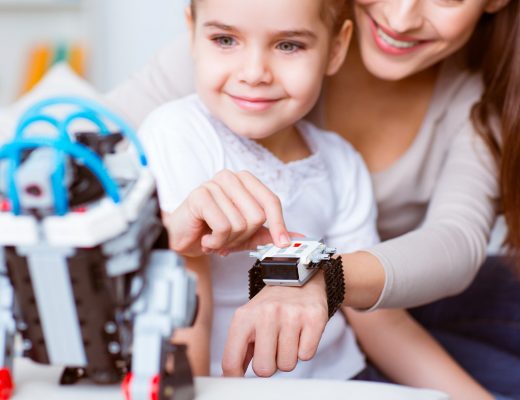As the original texts are written in Turkish, English translation is provided for non-Turkish readers. The author apologizes in advance for any and all possible changes and losses in meaning due to translation.
In the last 20 years, technology has become a major force that radically changes our lives, beyond its automation-based and task-focused structure. And digitalization shows that technology has the potential to create even larger impact on social life compared to our daily lives.
The “Digitalization for Prosperity” panel to which I also attended as a speaker during the Uludağ Economy Summit in March 2019 summarizes this transformation with a great title. The prosperity mentioned here is an extensive concept. It covers everything from our inner peace to improving corporate efficiency, achieving abundance in a country, and solutions to today’s problems.
As I said during my speech there, digitalization has woven a web around every moment and area of our lives with invisibly thin but robust bonds. To say it in the simplest form, our personal assistants on mobile phones or smart speakers are in fact nothing but applications running on the cloud. Systems such as these evaluate the data we generate almost as frequently as breathing, make predictions based upon these data, and provide the opportunity to transform business processes thoroughly. Next generation applications that we create by using these technologies may even transform an entire industry.
On the other hand, thinking that private companies have the greatest responsibility in digitalization may come to mean missing the holistic scale of the issue. Certainly, education will be one of the architects of a social transformation. Today, as we identify the requirements for the future, we have already taken steps such as coding and digital literacy trainings to raise digital individuals who can meet these foreseen requirements. From now on, we will draw the roadmap for curricula and training models to benefit from Artificial Intelligence and Machine Learning technologies.
Another important issue is healthcare. Applications that require individual monitoring can currently be performed via smartwatches and bracelets. Solutions such as remote contact with doctors especially in regions with limited access to healthcare services or storing the data on cloud have already started to be practiced. Now, an important transformation is on the way to predict illnesses that create a burden on healthcare and even social security systems and to rearrange the processes of the healthcare system.
Equal opportunities for the increasing population
Euromonitor states that sixty percent of the global population will be living in cities by 2030. As this transformation takes place, smaller settlements will become urbanized, cities will turn into megacities through immigration, and number of cities with population higher than 10 million will increase to 39.
That is where Smart City practices will come to the aid to local authorities and citizens. Sensors placed in every corner of the city and on vehicles will enable much higher standards for the daily life in all areas from traffic to air pollution, natural disaster measures, and town planning.
Thanks to complete digitalization, i.e. building an end-to-end digital structure, equal opportunities will become an attainable target, rather than an ideal. Thanks to this equality we will be able to make sure that not only gender inequality in working conditions will be bridged, but also opportunities will be allocated equally. However, next generation technologies such as Artificial Intelligence, Machine Learning and the Internet of Things, as well as the Digital Transformation that benefits from the progress of these technologies will give us a present that is more important than all: sustainability. And this is what we need the most as we worry about the distribution and lack of natural resources and pursue a possibility of life on other planets…







No Comments